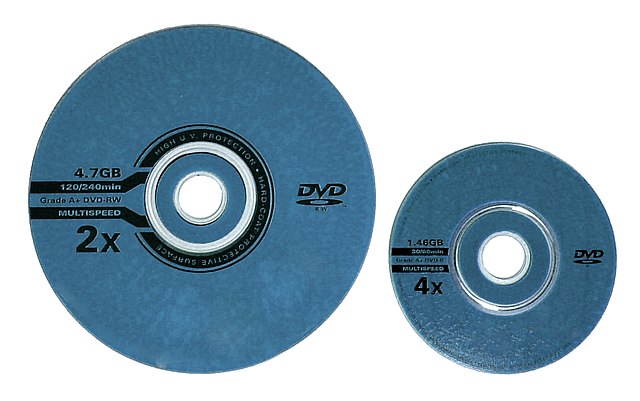Shadow1980 said:
zorg1000 said:
How do we know a powerful $400, multimedia box from Nintendo will sell more than 25 million? Playstation brand has Europe+Others on lock down, the only way somebody is taking that from them is if Sony makes massive mistakes. Same goes for America, Playstation+Xbox brands are very strong, people aren't just going to switch without an incentive to. Japan really isn't huge into home consoles these days.
Basically Playstation+Xbox own the market for powerful, multimedia consoles with a huge focus on AAA western games. Do people really want or need a 3rd 90% identical device? In order for Nintendo to find large success with such a strategy, one or both of the competitors needs to mess up and relying on somebody else to mess up in order for u to succeed is not a very sound strategy.
|
Nobody has the U.S. market on lockdown. American gamers have switched brands more than any other. Considering that Nintendo is still a household name in America, if their next console was well-marketed and was a match for the PS5 in terms of power and third-party support, they could easily take first place and sell at least 30 million units. And considering that Xbox gets the majority of its sales from the U.S., if Nintendo takes a plurality of the core gamer market it could drive Xbox to a distant third (assuming there's a fourth Xbox).
Sony doesn't have Japan on lockdown, either. If Nintendo had all the popular Japanese third-party games, it could compete strongly with PlayStation and even beat it, and I think a conventional Nintendo system could sell at least 10 million units in the region.
Finally, while PlayStation will probably still win Europe, Sony is not totally untouchable as we saw last generation with the PS3 selling 40% fewer units than the PS2 to date. It is possible to reduce their marketshare, and I think a powerful Nintendo system could manage a strong second-place finish in the region (say, 15-20M), especially with Xbox declining sharply on the Continent.
PlayStation was a brand that initially succeeded on capitalizing on the mistakes Nintendo made, namely sticking with cartridges for the N64, and still succeeds because of strong third-party support. Xbox is in turn a brand that got huge when it capitalized on mistakes Sony made but stalled when the deck wasn't stacked in their favor. Meanwhile, Nintendo got big in the first place on their own merits, revitalizing a market that was written off as dead 30 years ago. They have the brand recognition, they have strong first-party games, they could play the nostaligia card to the fullest if they wanted, and if they put their minds to it they can run some of the slickest ad campaigns there is ("Now You're Playing With Power," "Play It Loud," "Change the System," "Get N or Get Out," "Wii Would Like to Play"). But their biggest problem since the latter half of the 90s has been weak third-party support, resulting first from using formats third parties didn't want and then making systems too weak for third parties to really bother with beyond a token effort (mostly shovelware and casual/party games for the Wii, and mostly ports of seventh-gen games and the occasional cross-gen game for the Wii U). The Wii was a fluke and there's no guarantee that Nintendo can replicate that kind of success with yet another gimmick-based system.
Third party games are very important. They're what made PlayStation big in the first place. They're bigger now more than ever, and while exclusives are still important they're dwarfed in quantitity and often in popularity by major third-party titles. And third parties will develop for as many systems as they can, so long as those systems are sufficient to their development needs, and that means sufficient power to run all their biggest and best games. Underpowered gimmick-based systems are not a reliable means of garnering success. They can either boom like the Wii or go bust like the Wii U. Meanwhile, a Nintendo system with strong third-party support should be able to stand toe-to-toe with the competition, selling to others beyond core Nintendo fans. It might not reach the heights of the Wii, but it would retain healthier sales over a longer period of time instead of stalling rapidly like the Wii did. Overall, I think a conventional, powerful Nintendo console with strong third-party support could sell at minimum at least 50 million units and could sell as many as 70 million, which is pretty damn good either way.
|










































